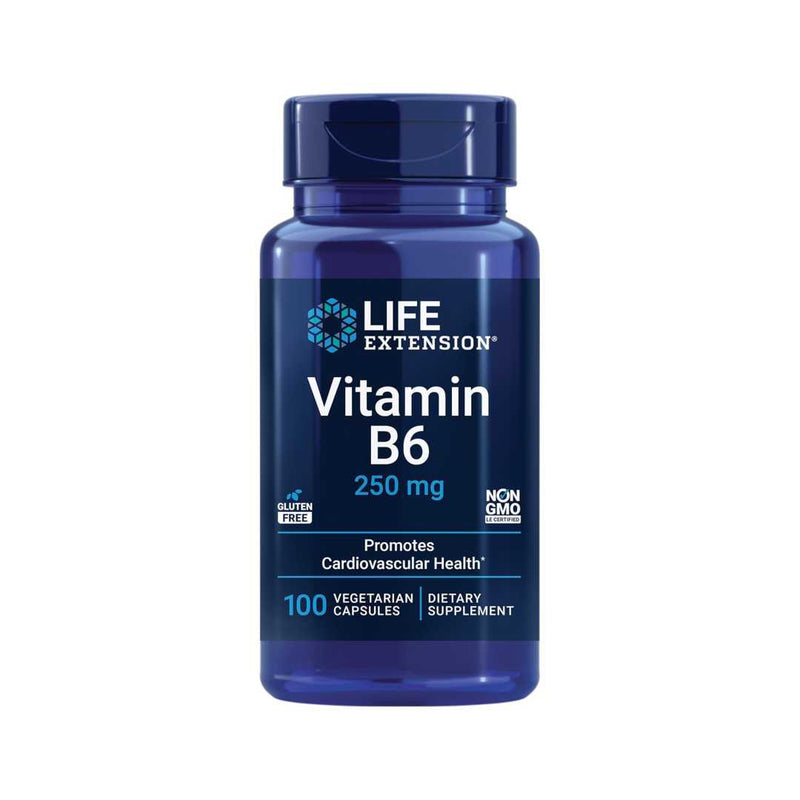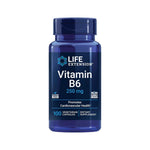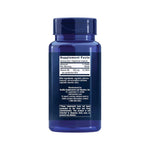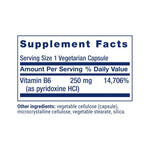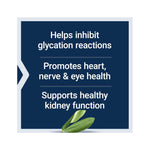- Whole-body health – Vitamin B6 helps inhibit glycation reactions. This, in turn, can support a healthy nervous system, cardiovascular health, eye health and even kidney function.
- The feel-good vitamin – Vitamin B6 is an important part of biological processes like cellular energy production, immune response and serotonin production (the “feel-good” neurotransmitter).
- High-potency B6 – Your body doesn’t produce vitamin B6, so you have to get it from a healthy diet or a high-potency vitamin B6 supplement like this one: 250 mg in each healthy dose.
Vitamin B6, or pyridoxine, is an important component of the coenzyme PLP, which metabolizes amino acids. Because of its amino acid transfer ability, the body can produce non-essential amino acids from available amino groups, as well as metabolize protein and urea.
Vitamin B6 is essential because of its participation in more than 140 enzymatic reactions, including protein metabolism, conversion of tryptophan to niacin, and neurotransmitter function, among others. Found in foods such as eggs, brewer’s yeast, carrots, chicken, fish, brown rice, whole grains, and cabbage, vitamin B6 (along with B12 and folic acid) plays a beneficial role in maintaining already healthy homocysteine levels within normal range.

